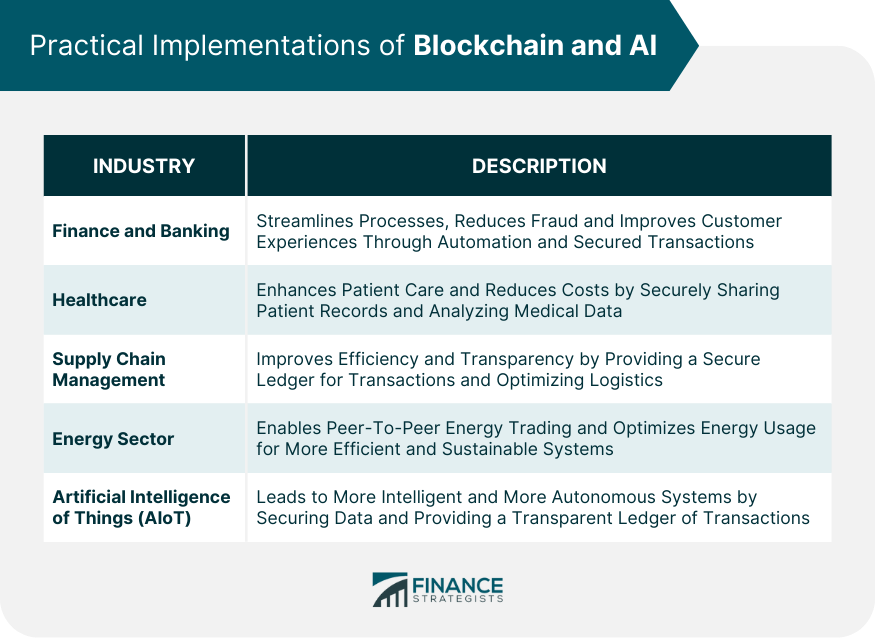
Unveiling the Power of Private Blockchain Networks

Unlocking the Power of Private Blockchain: A Decentralized Revolution
Understanding Private Blockchain
In the realm of blockchain technology, private blockchains have emerged as a powerful tool for organizations seeking to leverage the benefits of decentralization while maintaining control over their networks. Unlike public blockchains, which are open to anyone, private blockchains restrict access to authorized participants, offering increased privacy, security, and scalability. By harnessing the power of private blockchain, businesses can revolutionize the way they manage data, streamline operations, and foster trust in their digital ecosystems.
The Core Principles of Decentralization
At the heart of private blockchain technology lies the principle of decentralization. By distributing control and authority across a network of nodes, private blockchains eliminate the need for centralized intermediaries, such as banks or government entities, to validate transactions and enforce rules. Instead, consensus mechanisms, such as proof of authority or proof of stake, are employed to ensure the integrity and security of the network. This decentralized approach not only enhances transparency and accountability but also reduces the risk of censorship, fraud, and manipulation.
Enhancing Security and Privacy
One of the key advantages of private blockchains is their ability to offer enhanced security and privacy features compared to their public counterparts. By restricting access to authorized participants, private blockchains can mitigate the risk of unauthorized access, data breaches, and cyber attacks. Additionally, private blockchains often incorporate encryption and permissioned access controls to safeguard sensitive information and ensure compliance with regulatory requirements. This heightened level of security and privacy makes private blockchains particularly well-suited for industries such as finance, healthcare, and supply chain management, where data confidentiality and integrity are paramount.
Scalability and Performance
Scalability has long been a challenge for public blockchains, with concerns about network congestion and transaction throughput limiting their ability to support large-scale applications and mass adoption. Private blockchains, on the other hand, offer greater flexibility and scalability, allowing organizations to tailor network parameters to meet their specific needs. By optimizing consensus algorithms, block sizes, and network architecture, private blockchains can achieve higher transaction speeds and throughput, enabling real-time processing of large volumes of data. This scalability and performance make private blockchains an attractive option for enterprises seeking to deploy blockchain-based solutions at scale.
Use Cases and Applications
Private blockchains have a wide range of use cases and applications across various industries and sectors. In finance, private blockchains are being used to streamline cross-border payments, digitize assets, and facilitate secure transactions between financial institutions. In healthcare, private blockchains are being leveraged to improve data interoperability, enhance patient privacy, and secure electronic health records. In supply chain management, private blockchains are being utilized to track and trace products, verify authenticity, and ensure compliance with industry regulations. The potential applications of private blockchains are virtually limitless, with organizations around the world exploring innovative ways to harness this technology to drive efficiency, transparency, and trust in their operations.
Challenges and Considerations
While private blockchains offer numerous benefits, they also present certain challenges and considerations that organizations must address. One








